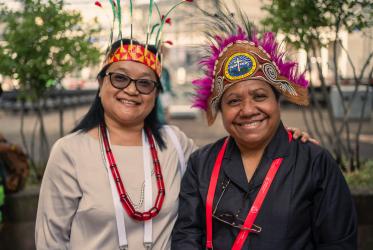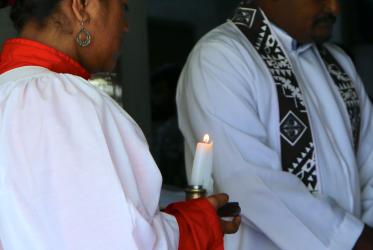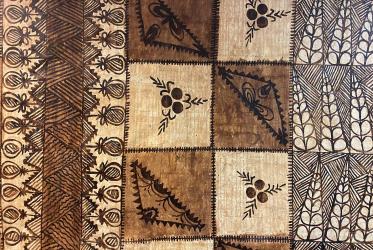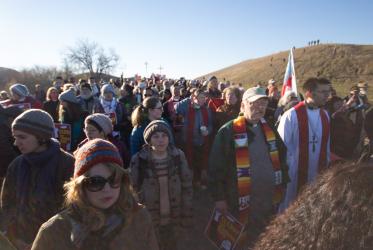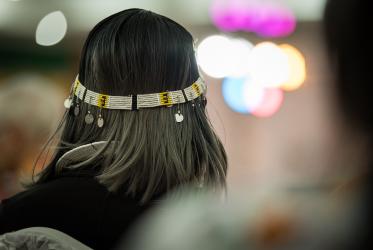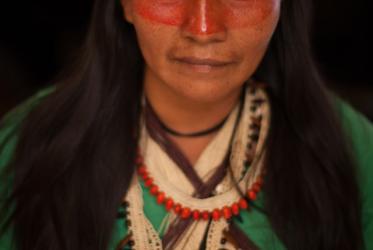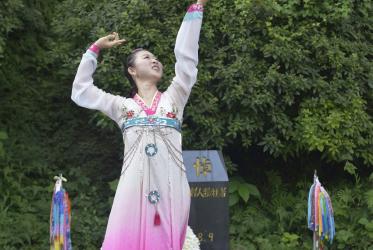A community of indigenous theologians has offered a message, “Our Living Word for all Peoples,” that holds particular meaning amid violence suffered by indigenous people in the Bolivia, Chile and Ecuador.The message speaks to the interrelatedness of all that surrounds us. “We flatly denounce the criminalization of our bodies, struggles, and resistances,” reads the message. “This criminalization is supported by an old colonial religious prejudice that equates us with demons, terrorists, and criminals, with the intent to disqualify bodies, struggles, and resistances.”
28 November 2019


